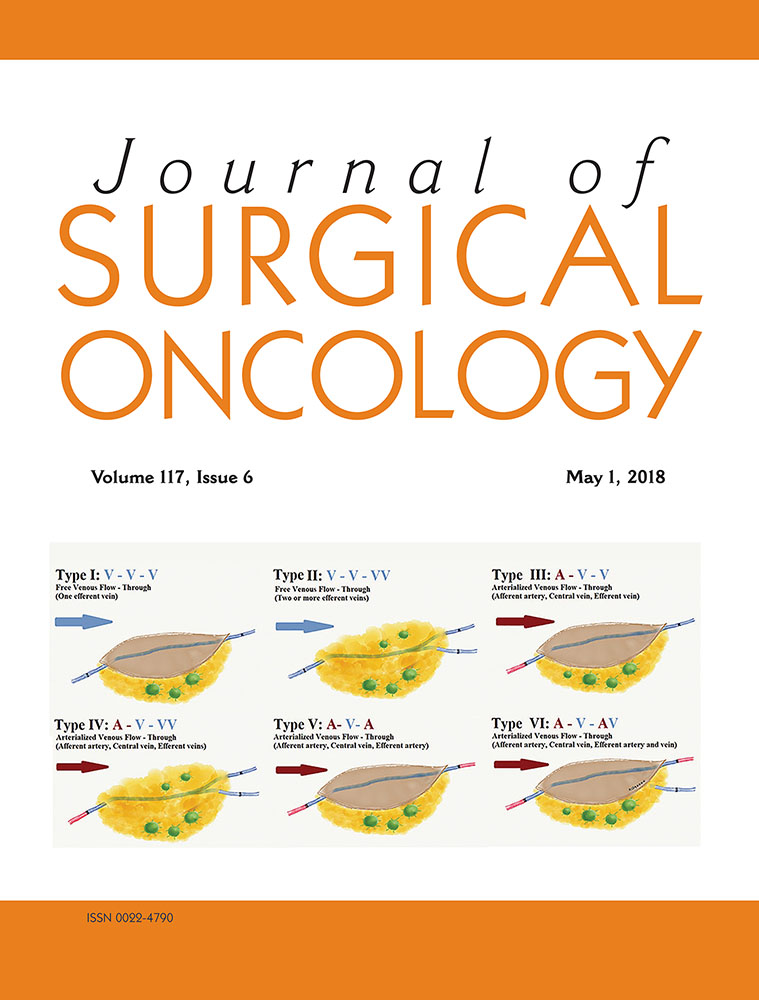Neoadjuvant systemic therapy for regionally advanced melanoma
Abstract
Background
Patients with regionally advanced melanoma are at high risk of distant failure and unlikely to be cured by surgery alone. Neoadjuvant therapy may provide benefit in these patients.
Objectives
To evaluate our experience with neoadjuvant systemic therapy in high-risk stage III patients.
Methods
Retrospective review of patients with advanced stage III disease who received neoadjuvant therapy between August 2009 and August 2016 at Mayo Clinic Rochester.
Results
Twenty-three cases met our inclusion criteria, 16 with resectable disease and 7 with unresectable disease. No patients with resectable disease and one patient with borderline resectable disease progressed regionally, prohibiting surgical resection. Five of seven patients with unresectable disease were down-staged to a resectable state. Six of twenty-three (26%) had a CR and five are alive at last follow-up. Fifteen of twenty three patients (65%) progressed with a median progression free survival of 11 months; however, the 5 year overall survival estimate was 84%.
Conclusions
Neoadjuvant systemic therapy is a reasonable approach for patients with advanced but resectable/borderline resectable disease and the risk of losing regional control is low. Our data also suggest some patients with unresectable disease will be converted to resectable and a complete clinical response to treatment can be obtained in approximately one quater of patients.




